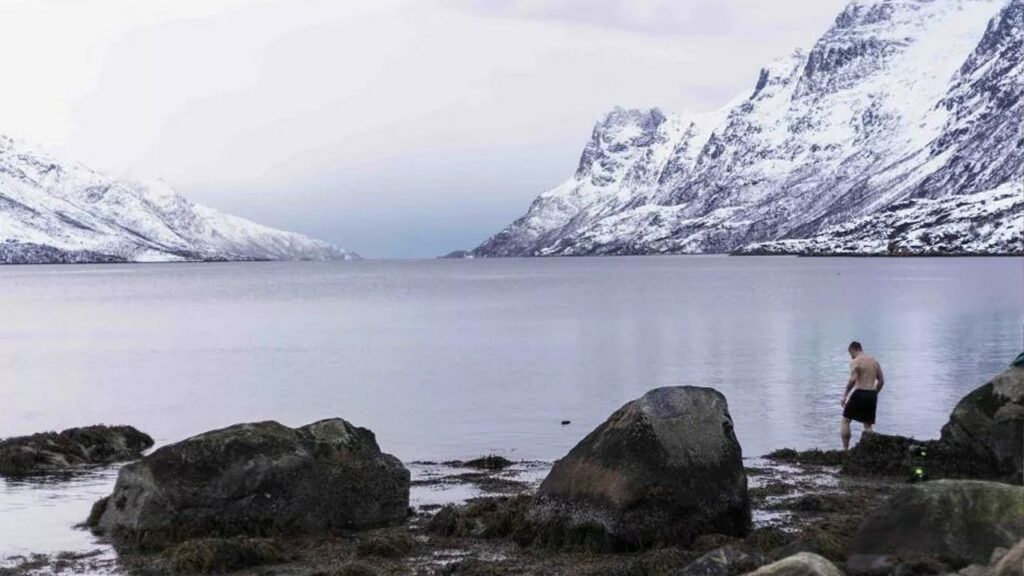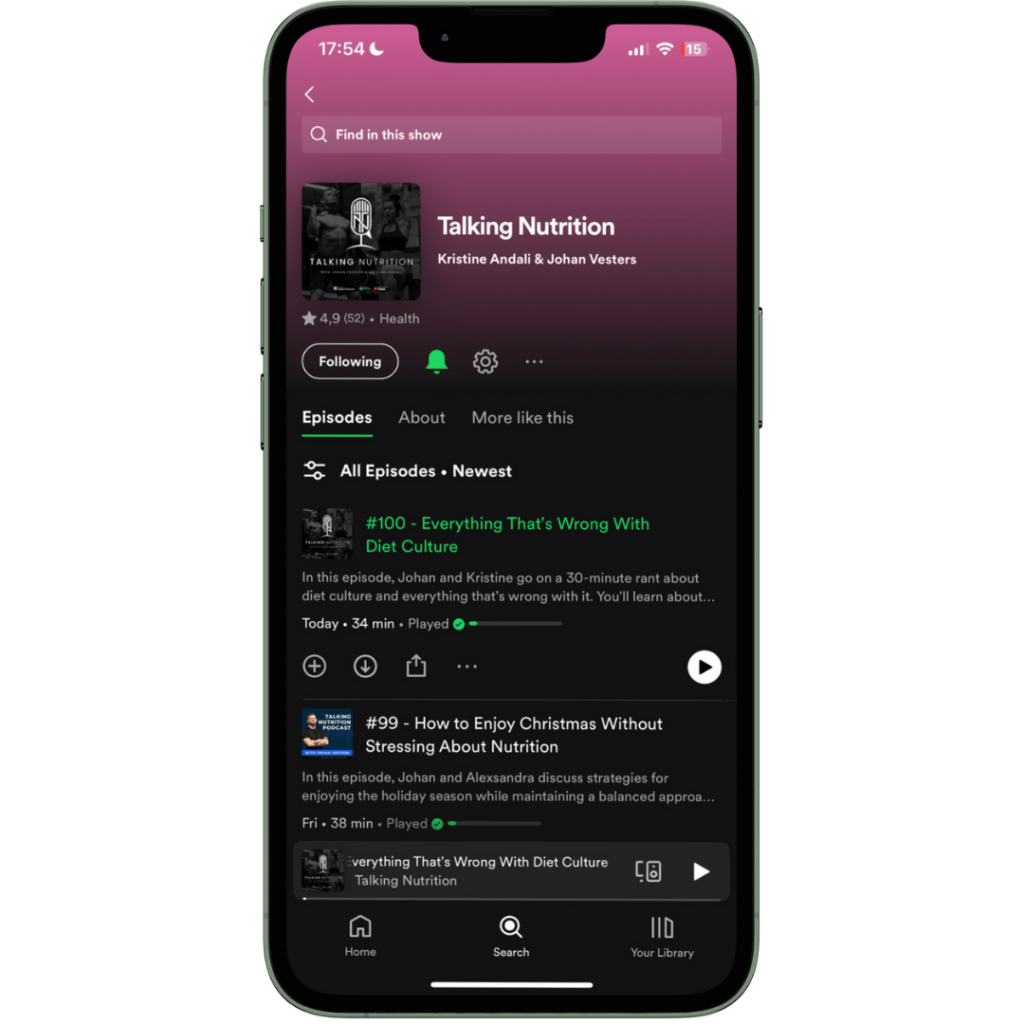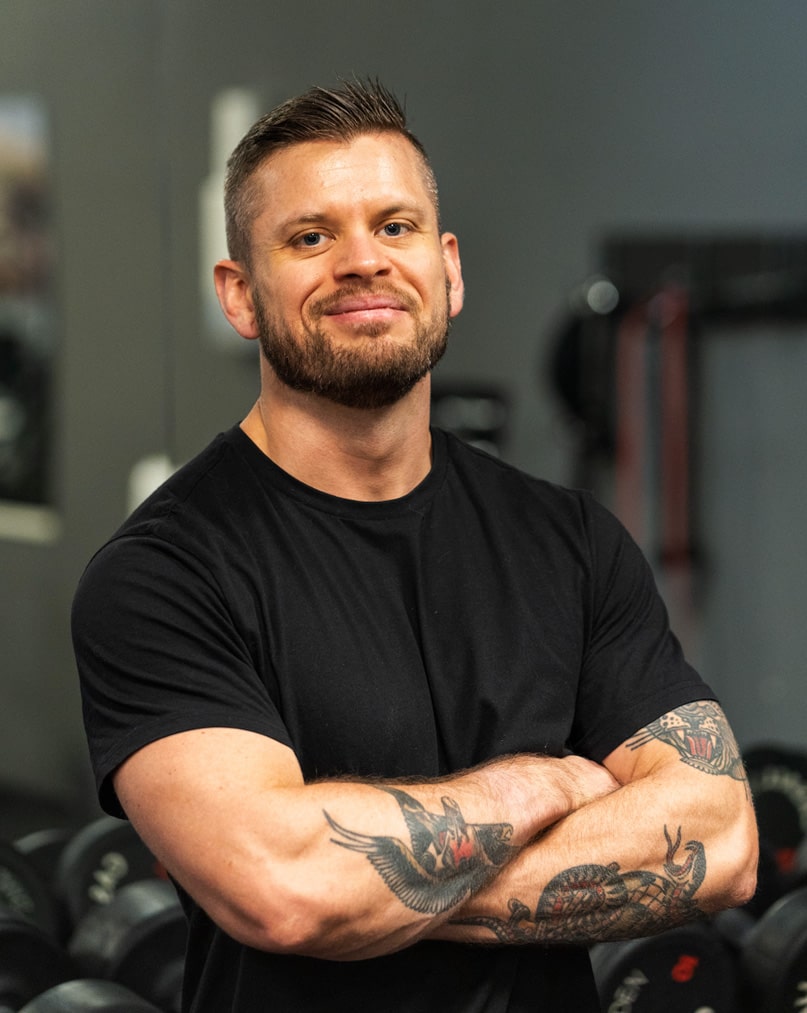Main Take-Aways
1. Too much inflammation in the body is not a good thing. But you also don’t want to completely blunt that inflammation, since this seems to slow down muscle building.
2. By purposely getting into cold water, sitting with that uncomfortable feeling, and dealing with it, you push yourself out of your comfort zone and build mental toughness.
3. There are both pros and cons to cold water exposure. If it’s to build mental toughness, improve your immune system, build that mental and physical resilience, and/or possibly speed up recovery.. then I say go for it! However if you want to build as much muscle as possible, then you’re likely better off skipping the ice baths and cold showers after your workouts.
Since you’re here, reading a nutrition and fitness blog, I’m sure that you’re familiar with the many claims around cold water exposure as a way to boost recovery and overall health.
More and more people are getting into taking ice baths, cold plunges, and cold showers. Which especially from a mental standpoint, I think is a great thing!
However, did you know that it can negatively impact your muscle gain results?
In this article, we’ll take an objective evidence-based look at how cold water exposure affects muscle growth and recovery, the psychological benefits, and whether you should include cold water exposure into your routine or not.
Do Ice Baths Reduce Muscle Growth and Strength?
Here’s how muscle growth, or ‘hypertrophy’, works.
When you work out, you put your body under stress, which creates small tears in your muscles. During the recovery process, your body repairs these tears to make you bigger and stronger. That’s assuming that you eat, sleep, and rest enough to facilitate recovery.
This also causes inflammation in your muscles. Now, cold water exposure does reduce inflammation, which is a common reason for people to take ice baths, etc.
However, inflammation is an essential part of the recovery process.
Sure, too much inflammation in the body is not a good thing. But you also don’t want to completely blunt that inflammation, since this seems to slow down muscle building.
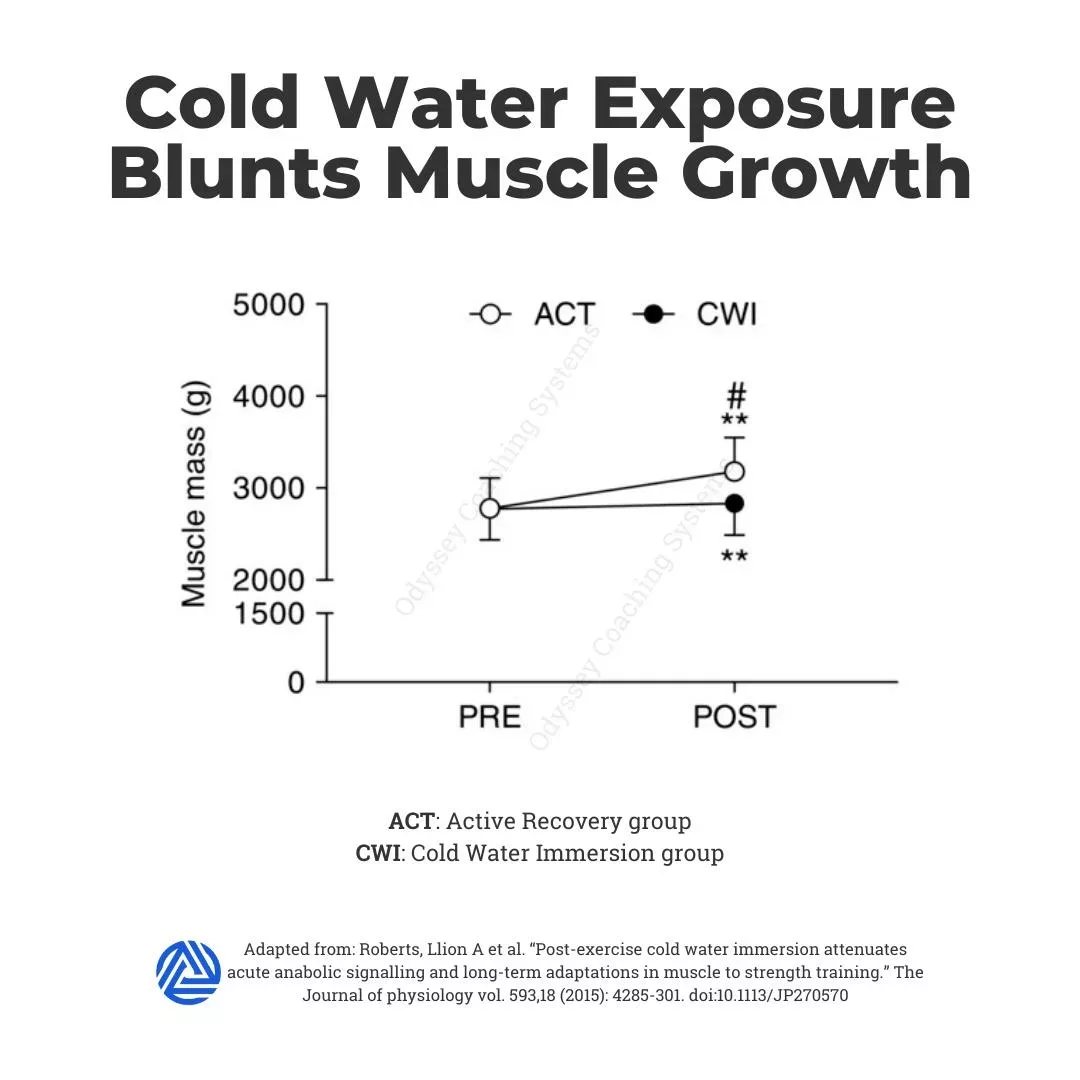
A 2015 study published in the Journal of Physiology (1) showed a reduction in muscle hypertrophy and strength in men who did 10 minutes of cold water immersion after training, when compared to a control group that did 10 minutes of active recovery instead.
Another study that was published in the Journal of Applied Physiology in 2019 (2) also compared two groups. One group did 15 minutes of cold water immersion after training, and the other group 15 minutes of passive recovery. They found that cold water exposure did blunt muscle growth, but not maximal strength.
While this does not mean that you should avoid cold water exposure altogether, it can be a good to keep in mind that it does impact muscle gain.
That’s really the goal with this blog. To make you aware of the potential pros and cons, so that you can make an educated decision based on what’s most important to you as an individual.
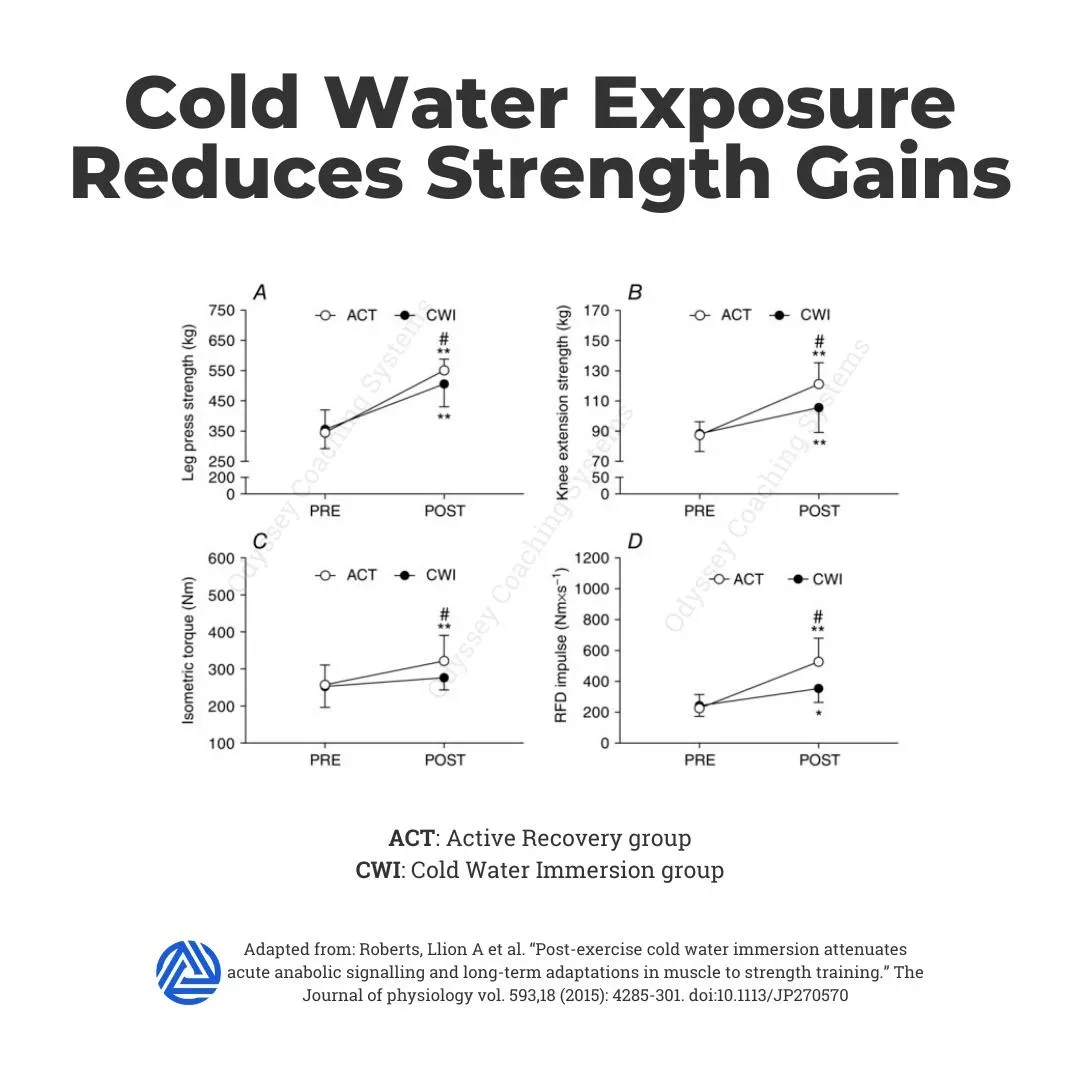
“Individuals who use strength training to improve athletic performance, recover from injury or maintain their health should therefore reconsider whether to use cold water immersion as an adjuvant to their training.” (1)
Cold Water Exposure For Mental Toughness
Ok, maybe those cold plunges aren’t great for muscle growth. But that’s just one downside. Now let’s talk about what’s arguably the biggest benefit to cold water exposure: it can make you more resilient to stress.
Let’s be honest, getting into cold water sucks. It’s far from a pleasant experience, which is exactly why it may be a good idea to do more of it.
By purposely getting in that cold water, sitting with that uncomfortable feeling, and dealing with it.. You do something that’s crucial for true personal growth: you push yourself out of your comfort zone.
Doing this builds character, resilience and mental toughness. You learn how to manage stress better, something that comes in handy.. Right?
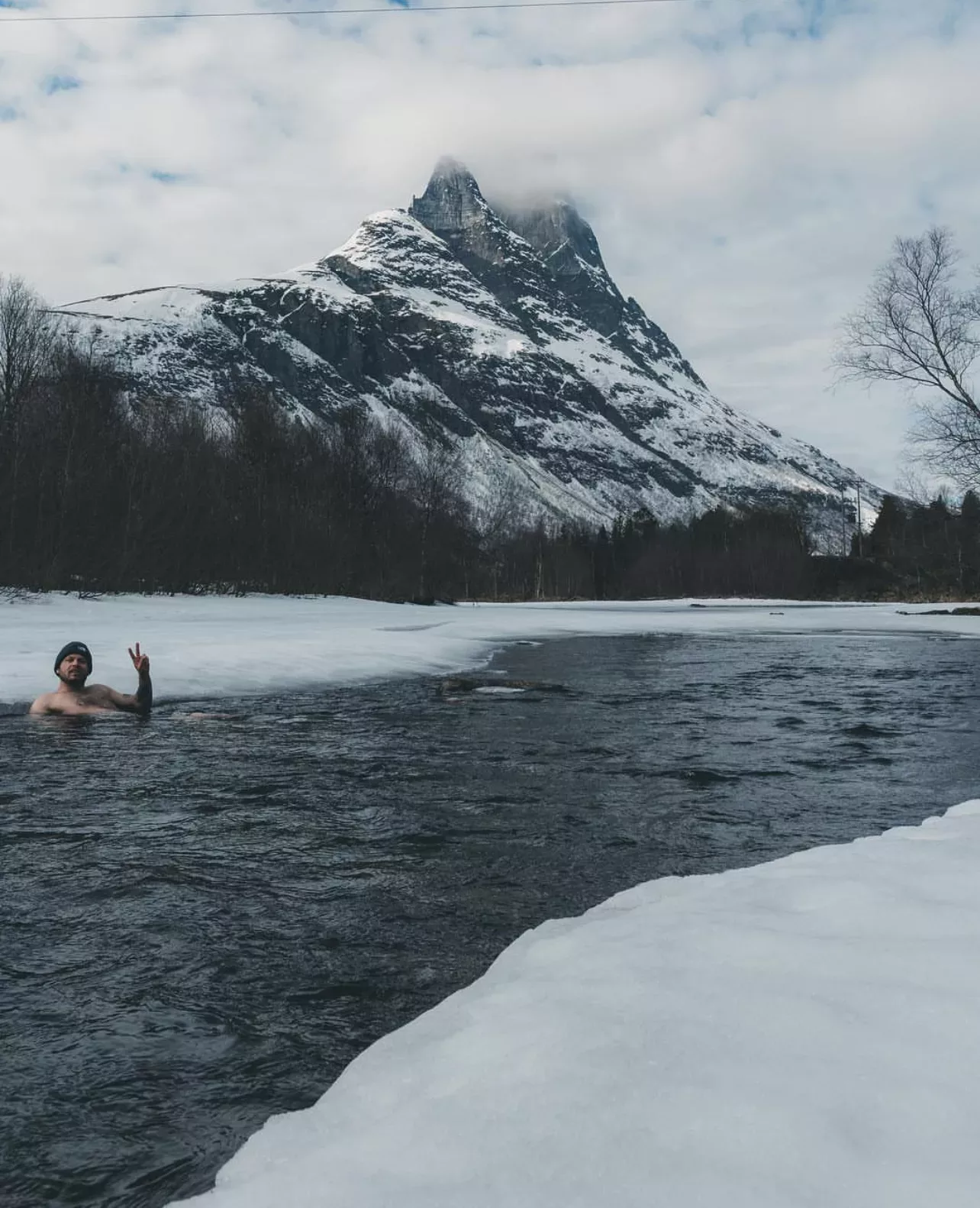
Other Benefits: Immune System & Recovery
Another popular reason to include cold water exposure is for the immune benefits.
Fun fact: This is also why it’s common practice in Nordic/Scandinavian countries to put babies in their strollers outside for naps in cold temperatures.
A 2016 randomized controlled trial (3) including 3018 participants between 18 and 65 years without severe comorbidity and no routine experience of cold showering, had people end their hot showers with either 30, 60, or 90 seconds of cold showers. The control group took regular showers. At the end of the study they found a 29% reduction in sickness absence in the hot-to-cold shower groups.
As mentioned earlier, cold water exposure does seem to have a positive effect on recovery. Especially after doing intense exercise or participating in a competition.
This is why you’ll often see athletes (for example at the Olympics or CrossFit Games) take ice baths right after, or in between performances. This helps speed up the recovery process, and allows them to quickly bounce back quicker.
Now, remember that we talked about muscle growth earlier. In this case I’m specifically talking about recovery and not muscle growth (hypertrophy).
The Verdict: Is Cold Water Exposure For You?
To recap, there are both pros and cons to cold water exposure, and whether it’s for you is going to depend on your priorities. If it’s to build mental toughness, improve your immune system, build that mental and physical resilience, and/or possibly speed up recovery.. then I say go for it!
However if you want to build as much muscle as possible, then you’re likely better off skipping the ice baths and cold showers. At least right after your workout that is.
If you still want to include cold water exposure in your daily/weekly routine, then I suggest at least moving it to the opposite side of your day. Or simply plan it on a rest day. Long story short: try to move it further away from your workout.
So, what’s it going to be? Will you try it out/keep doing it, or maybe not?
As always, there’s no right or wrong here, it just depends. I do suggest trying it out, and seeing what works best for you.
Everyone can benefit from getting uncomfortable more often, it breeds growth!
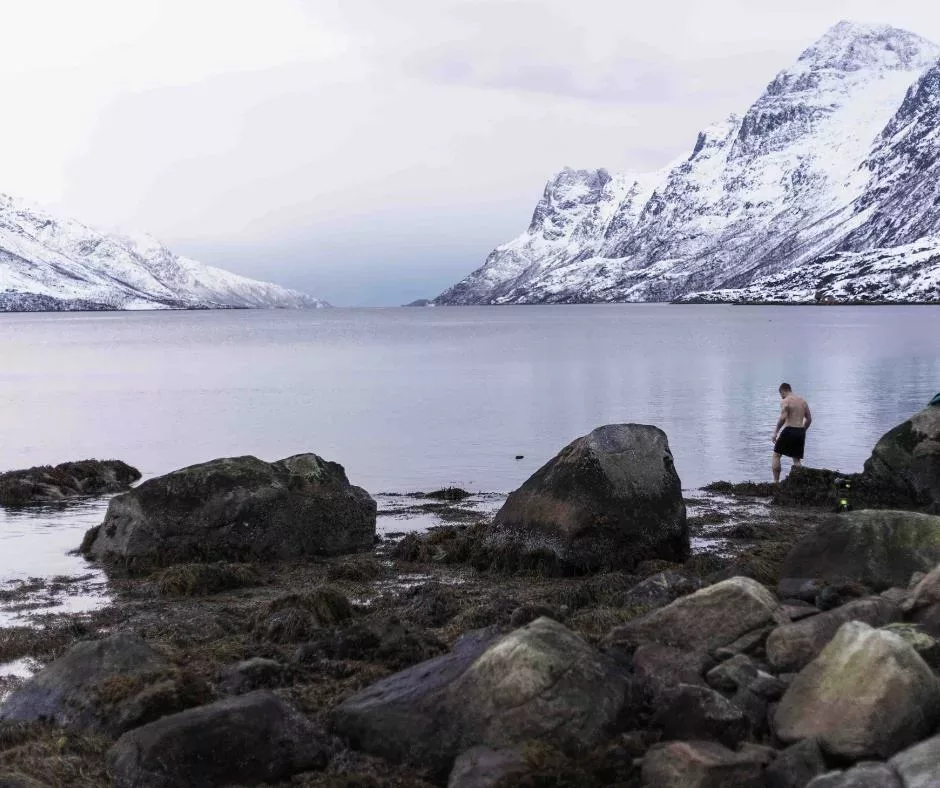
Tips: How To Start Taking Cold Showers
If you’ve never done any form of cold water exposure before, then maybe don’t go all-in right away. It doesn’t have to be all or nothing.
Allow yourself to ease into it. Maybe start off by finishing your regular shower with a quick 5-10 seconds. Take a deep breath, and just turn the valve all the way. See how long you can last, then try again a little longer next time.
Then once you’re used to cold showers, consider taking a cold plunge somewhere. A great place to do this could be at your local sauna, that way you can combine the benefits of cold water exposure with the benefits of taking saunas. Plus, you get to warm up again in no-time.
Last but not least, and this is probably the most important thing to keep in mind:
Don’t overthink it, this really needs to be a matter of doing. Because the more you hype yourself up that it’s going to suck, the more it’s going to suck.
It never becomes less uncomfortable, less painful, or less cold.
You just get better at dealing with it.


